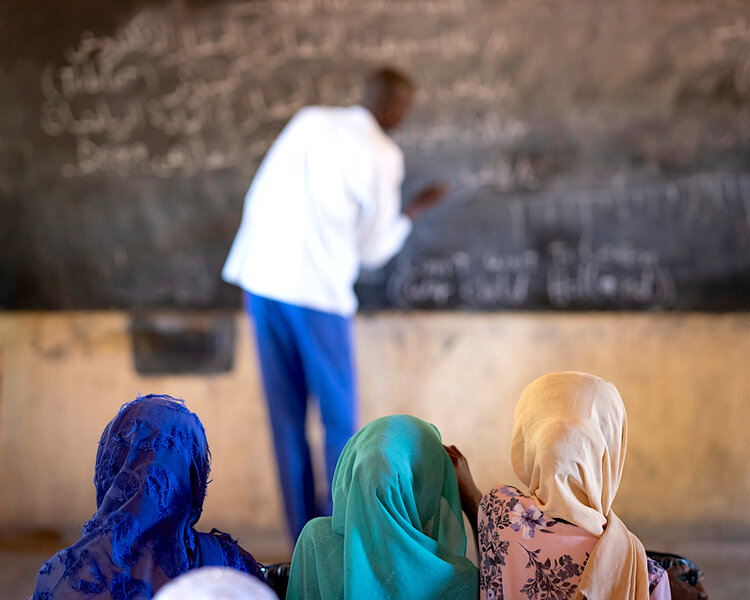A West African response to graft
Loading...
How does a democracy become more honest? The question is worth asking in light of the most recent measure of public attitudes about corruption across Africa.
In the last 20 years, all but five African countries have ratified a joint convention to “prevent, detect, punish and eradicate corruption and related offences in the public and private sectors.” Yet across 39 countries, 2 in 3 Africans say their government is failing to curb corruption, according to an Afrobarometer survey published at the end of 2023. Just 1 in 4 say they can report corruption without fear of retaliation, while 58% say corruption has increased “somewhat” or “a lot” during the preceding year.
Rather than cause for pessimism, however, those views may reflect how the continent’s shared aspirations for more integrity have elevated public demand for it, expressed through citizen engagement. Sierra Leone provides a useful example.
Not without controversy, the West African country has made some of the most consistent progress in global corruption rankings in recent years among African states. It has climbed 20 rungs on Transparency International’s Corruption Perceptions Index in the past six years. The Millennium Challenge Corp., an initiative to support good governance created by the U.S. Congress, gave it a score of 76% for “control of corruption” - a high mark it has consistently achieved during the same interval.
Sierra Leone’s bid to uproot corruption is part of the country’s gradual restoration of democracy after a civil war during the 1990s. The country sought to heal its wounds through a traditional form of transitional justice. It has now had two consecutive peaceful transfers of power – still an exception in Africa. It now has a 98% completion rate in primary school, with girls outnumbering boys.
To counter corruption, the government has sought a balance between aggressive law enforcement and the protection of individual rights. A constitutional anti-corruption commission has the power to conduct raids without warrants. But it also carries out cooperative audits with government agencies meant to identify and fix irregularities. Whistleblowers are empowered. Public services like hospitals and police stations are required to provide information about how citizens can file complaints.
Critics claim the government targets its political opponents and harasses journalists, but its focus on corruption has also encouraged public participation. Last August, for example, 40 civil society organizations held a summit to coordinate their own anti-corruption initiatives – including holding the government in check. That had never happened before.
In the Afrobarometer survey, just 11% of Africans listed corruption as their top concern. Their priorities included unemployment, management of the economy, health care, clean water, and education – all of which require honest and accountable governance. “On a continent where governments struggle to raise revenues to provide for citizens’ basic needs,” the survey concluded, “most Africans see [corruption] as worsening and their leaders’ anti-corruption efforts as inadequate.”
That lament carries a message reaching across Africa – that encouraging an expectation of honest governance becomes a catalyst for it.





